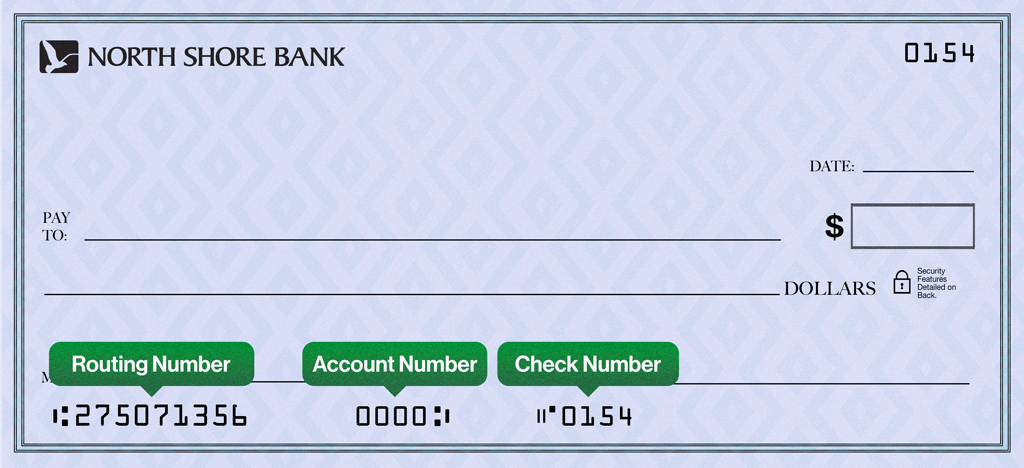Fixed-Rate Mortgage
If you’re the type of person who values stability, you’ll probably want a fixed-rate mortgage. It ensures that your mortgage payments will remain the same throughout the life of the loan, no matter how market conditions change. You’ll essentially “lock in” whatever interest rate your lender offers when you apply for your loan, and you’ll keep that interest rate until your loan is paid in full. If interest rates fall drastically, you may even be able to refinance your mortgage at a lower rate (as long as you’re willing to pay loan costs again).
While you might end up paying a higher interest rate overall, a fixed-rate mortgage gives you the peace of mind that you’ll always know what you owe each month. Most fixed-rate loans last for 15, 20, or 30 years, and they are a low-risk way to build equity and credit over time.
Pros:
- Stable rate and consistent payment for the life of the loan
- Won’t increase if interest rates rise
- Easy to refinance if you want a lower rate
Cons:
- May be a higher rate than an adjustable-rate loan (which could mean paying more in interest over the life of the loan)
- May need to pay closing costs if you decide to refinance to get a lower rate
This product is best for borrowers who want peace of mind knowing that their principal and interest payments will stay the same, no matter what.
Adjustable-Rate Mortgage
Interest rates pretty much change daily, and if you’re willing to assume some of the gamble, an adjustable-rate mortgage could result in lower interest costs. It’s a mortgage that is subject to market conditions. If interest rates fall, you’ll owe less each month. If interest rates rise, so does your monthly payment.
Reduce your monthly principal and interest payment for the initial rate lock period of the loan (1, 2, 3, or 5 years) with an Adjustable-Rate Mortgage. Often more flexible, an ARM can be a good option if you have unique income or asset situations when it comes to loan approval.
Pros:
- Can give you a super-low interest rate to start
- May be able to lock in your low rate for a specified amount of time before it begins to adjust
- May have more flexible requirements than other traditional loans
Cons:
- Rates could increase, resulting in an unaffordable payment
- High rates could leave you without the ability to refinance and save money
Thinking of applying for a mortgage? See our mortgage application checklist.
Interested in a North Shore Bank Fixed or Adjustable-Rate Mortgage?
Browse more of our financial literacy resources by clicking here.
 When opening an account online, your initial deposit must be done by transferring money from your current bank account or by debit or credit card.
When opening an account online, your initial deposit must be done by transferring money from your current bank account or by debit or credit card. Click on the three vertical dots alongside the blue “Pay” button
Click on the three vertical dots alongside the blue “Pay” button